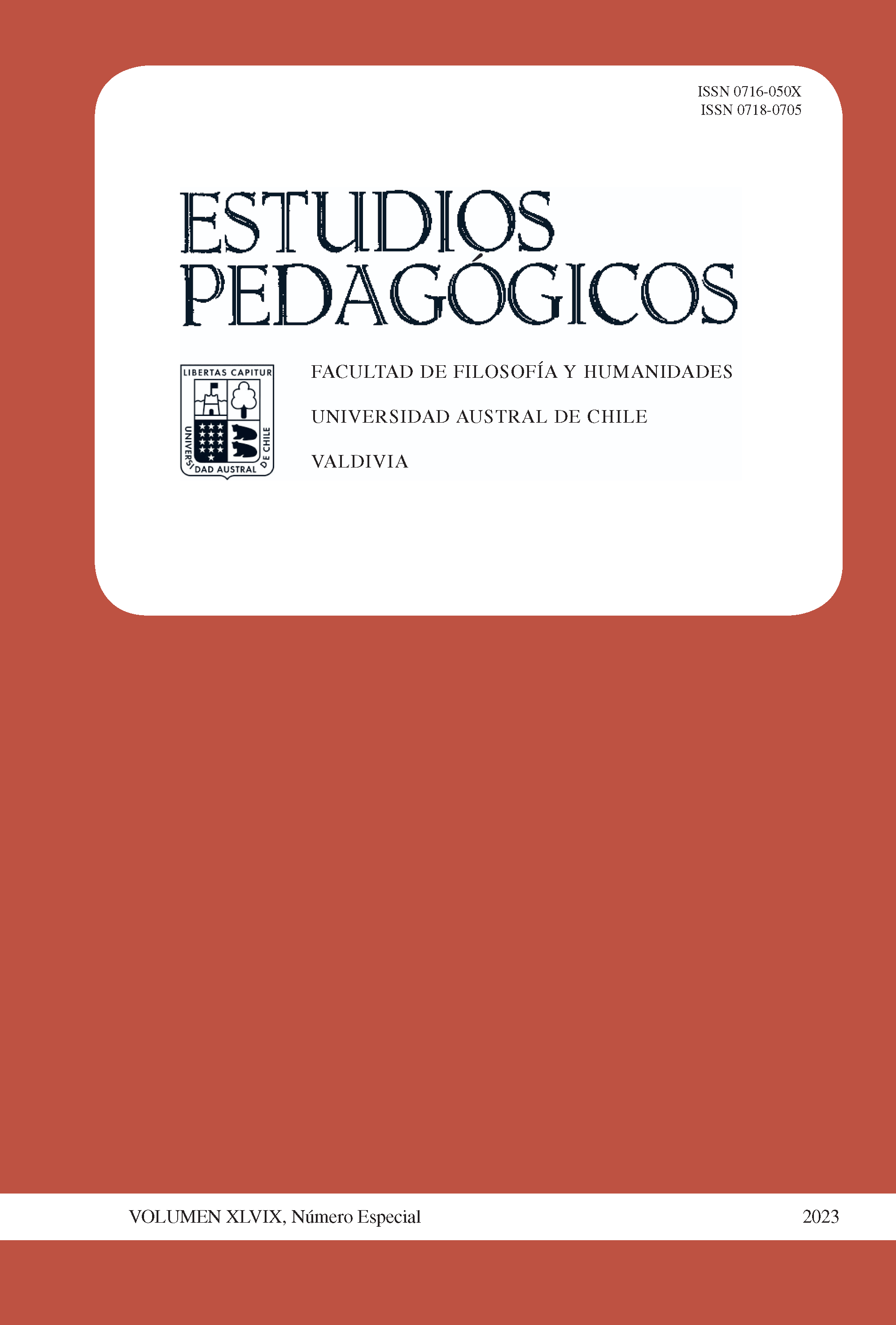Games, playfulness and integral harmony in school motricity
Main Article Content
Abstract
This article reflects on Physical Education in Colombia and its transformations as a fundamental part of the construction of knowledge around the body, the subject, and movement within the educational process; through southern epistemologies. From a theoretical perspective, it is argued that motor skill activities including traditional, ancestral, and/or autochthonous ones, linked to the history and culture of the peoples; contribute to the integral human formation, promoting harmony between body, mind and spirit. The need to recover and value these recreational practices as an alternative to the homogenization and standardization promoted by globalization is highlighted. In this sense, physical education professionals are invited to reflect on their role in the promotion and discovery of motor skill activities, and their contribution to the formation of people who are more aware and respectful of their culture and environment.

